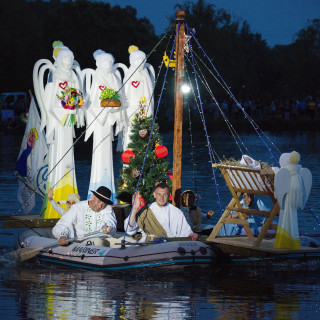Tricky Words in this week's OVI
Trade mark. The English word "mark" has as many different meanings as the Slovak word "značka", and as usual the trickiness lies in the way these meanings sometimes coincide, but more typically
diverge in specific contexts. Maybe it's better to understand the idea of "mark" as "označenie", a symbol which can be attached to goods in various ways in order to identify them, possibly by
branding with a red-hot iron, etching with a laser or printing with a dot matrix device.
A registered trade mark is a special logo or product name, often accompanied by little ™ or ® symbols, which belongs to a company and may not be used by others (that's why it's registered). So
"ochranná značka" is "trade mark", but remember that "značka auta" or "značka hodiniek" is NOT mark, but "make". This is typical for technical things; for consumable products say "brand", and for
clothes say "label". "Brand" now also means "značka" in a wider sense, including the significance of a product for somebody's lifestyle.
Andy’s Wordshop
The question for this issue (vydanie) is: How is it possible that outbreaks of rioting and looting spread across England in early August? Rioting /rajeting/ means masses of people running wild in
the streets, destroying property and fighting the police, and looting /lúting/ means masses of people breaking into shops and stealing all the goods.
One answer to “how is it possible” is that it is possible everywhere where large numbers of young people are unhappy about their life prospects (výhľady), or where the opportunity arises because
small numbers of police are outnumbered by the crowds and hesitate to respond with force, and the speed of personal messaging combined with hot weather encourages people to gather in the streets,
all resulting in a kind of mass hysteria. Maybe the stereotype “English person” should change from Inspector Barnaby and Miss Marple to a teenager wearing a hoodie (mikina s kapucňou). Please send
questions about English language habits to ocelvychodu@sk.uss. com, and I will choose one to answer in each issue.
Na podujatí Košické Benátky prezentovali svoje plavidlá aj naše spriatelené detské domovy.











